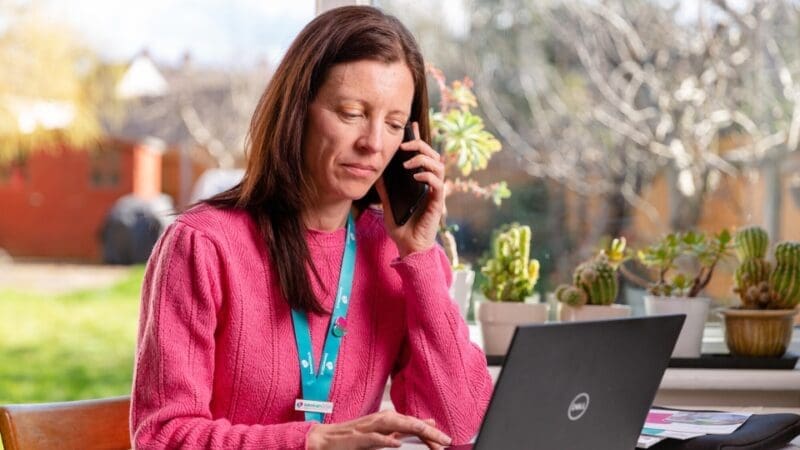How to get a diagnosis of dementia
If you are concerned about your own memory it is important to consult a GP as soon as possible. This will make sure that you are given appropriate advice.
Find out how to get a diagnosis of dementia, the next steps after a diagnosis and how we can support you.
If you are concerned about your own memory it is important to consult a GP as soon as possible. This will make sure that you are given appropriate advice.
When should you be tested for memory problems? What does the test involve? Read our the Q&A featuring commonly asked questions.
Being diagnosed with dementia can cause distress and a feeling of hopelessness. Understanding why you are having these feelings – and how to manage them – can help you come to terms with the diagnosis.
This checklist has been written by dementia specialist Admiral Nurses, to help in the early days after you or your family member has received a diagnosis of dementia.
This leaflet aims to help the person with dementia, and the people who help them, to get the most out of your GP appointments.
Caring for a person with dementia can be challenging. There are various options open to you to get some additional support.

Our new, free online series, ‘Dementia: what next?’, is designed to help you learn more about dementia and the next steps you could take.